The Art of Caesar's Bellum Civile: Literature, Ideology, and Community
Traditional approaches have reduced Caesar's Bellum Civile to a tool for teaching Latin or to one-dimensional propaganda, thereby underestimating its artistic properties and ideological complexity. Reading strategies typical of scholarship on Latin poetry, like intertextuality, narratology, semantic, rhetorical and structural analysis, cast a new light on the Bellum Civile: Ciceronian language advances Caesar's claim to represent Rome; technical vocabulary reinforces the ethical division between 'us' and the 'barbarian' enemy; switches of focalization guide our perception of the narrative; invective and characterization exclude the Pompeians from the Roman community, according to the mechanisms of rhetoric; and the very structure of the work promotes Caesar's cause. As a piece of literature interacting with its cultural and socio-political world, the Bellum Civile participates in Caesar's multimedia campaign of self-fashioning. A comprehensive approach, such as has been productively applied to Augustus' program, locates the Bellum Civile at the interplay between literature, images and politics.
{{comment.content}}
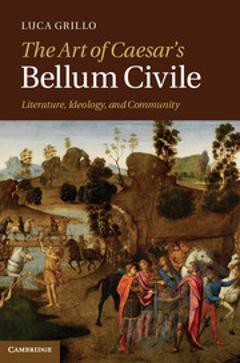


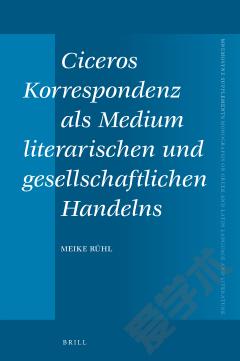
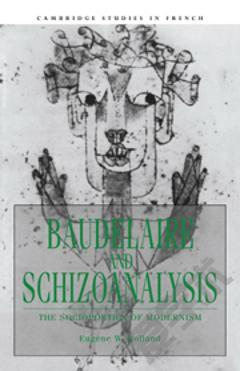
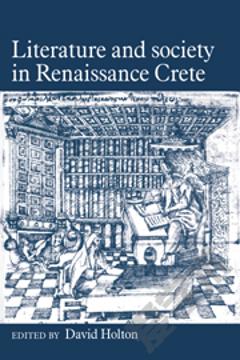
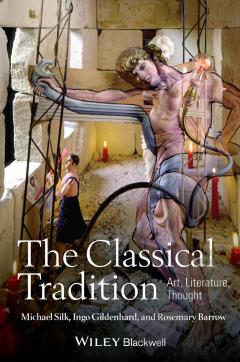

 京公网安备 11010802027623号
京公网安备 11010802027623号